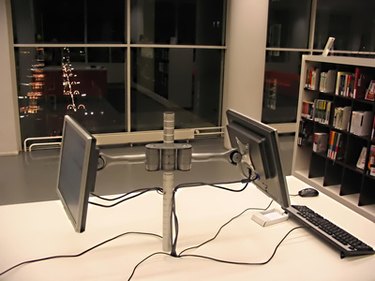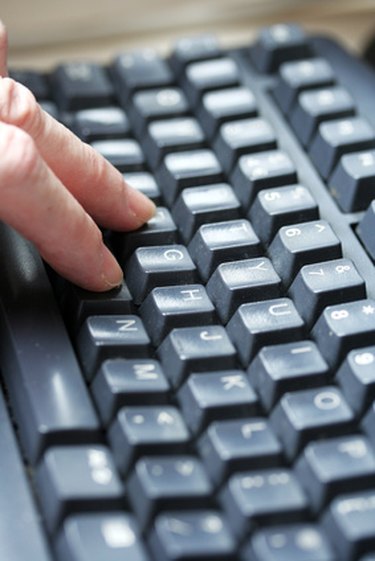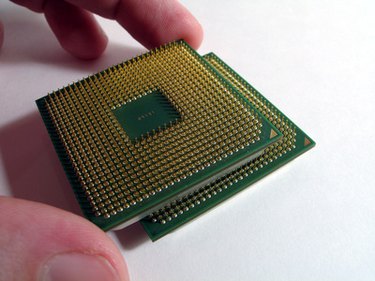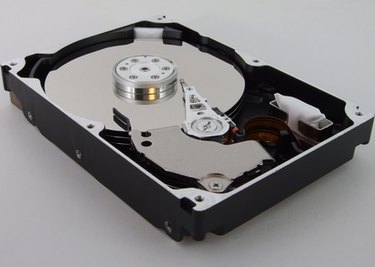
From keeping in touch with friends to performing financial transactions, these days we rely on computers for just about everything. With PCs as advanced as they are, it's easy to forget the fundamentals that have made modern technology possible. Computers do all the things they do because they are able to perform four basic operations.
Input
Video of the Day

As smart as computers are, they still input from humans to tell them what to do and provide data to process. Computers today accept input from a variety of devices. The two you are probably most familiar with include the keyboard and mouse.
Video of the Day
A wide range of other devices act as inputs. Examples include webcams, microphones, scanners, and styluses.
Processing

Computers have the innate ability to process data using a central processing unit (CPU). Also known as the processor, this device is the brain of the PC.
CPUs perform two basic types of tasks: arithmetic operations and logical operations. Arithmetic operations involve basic math like addition and subtraction, while logical operations compare two numbers.
Output

Once a computer receives and processes data, it outputs it as information. In computing, information refers to any data presented in a useful form. The most common output devices include monitors, printers, and speakers.
Storage

Computers would not be as useful as they are if they were unable to remember anything. The fourth basic operation, storage, allows the computer to recall previously entered data and store information. This includes documents, music, log files, software, and the operating system (OS).
The most common storage medium is the hard drive. Memory cards, DVD-ROMs, and floppy disks are other examples.